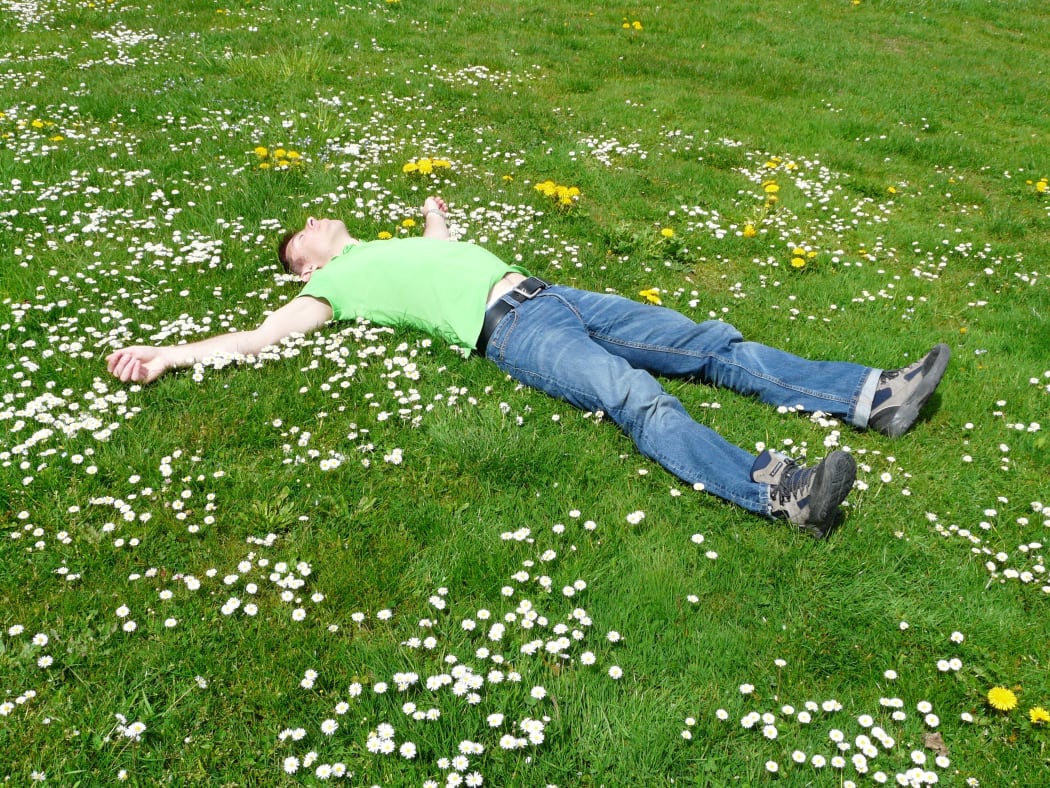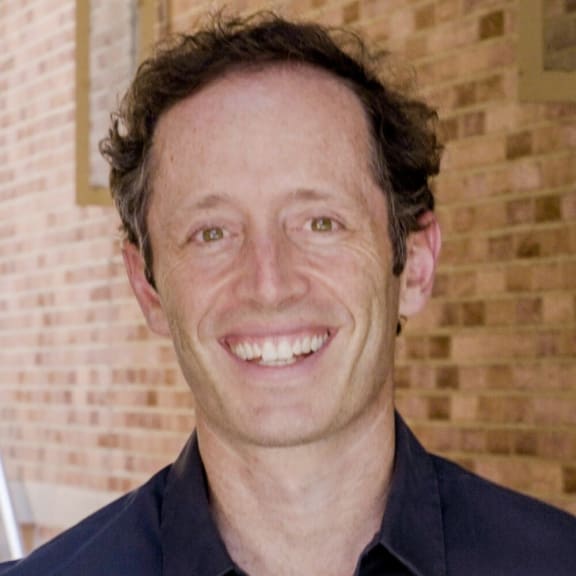Too much time on your hands may be almost as bad as too little, psychologists are discovering.
A dearth of discretionary hours in the day often leads to greater stress and lower subjective well-being, according to new research published by the American Psychological Association.

Photo: Pexels
Study co-author Hal Hershfield from the UCLA Anderson School of Management joined Jim Mora to look at the research, which was published in the Journal of Personality and Social Psychology.
"One of the things we find in this paper is that, not surprisingly, too little free time is associated with sort of worse outcomes when it comes to well-being. And as we get more and more free time, that does help our happiness in our life satisfaction.
"But in our research, we find that that that's only true up to a point. And after a certain point, once we sort of hit a certain level of discretionary time, we don't continue to see the benefits."
But there is an important caveat, Hershfield says.
"It really depends how you spend that time; more happiness keeps increasing with more free time. If that time is spent in the sort of meaningful productive ways."
There was plenty of rich data on which to base the research, including the highly detailed American Time Use Survey.
"These researchers asked people to report exactly how you've spent your time, minute-by-minute the day prior.
"So, there's none of this 'well, I think I worked 10 hours' when you actually worked 3 and were on Instagram the other 7, right?"
A consistent pattern emerged from this data, he says.
"A data set that big also allows us to look at other things to like, do you still see this relationship for people who are employed or unemployed? You do. Do you still see it for parents or non-parents? You do. Do you see it for men and women young and old, etc.
"And so, we were able to kind of look at all of those different slices of the data to see if this pattern still emerged - and it did."
The question of what is and isn't productive time is entirely subjective, Hershfield says.

Hal Hershfield Photo: Supplied
"If I think that catching up on all the latest smart dramas on TV is a productive use of my time, well, so be it. White Lotus benefited me."
The challenge of how best to spend newly acquired time is one faced by recent retirees.
"You have this time, there can be this kind of existential crisis of sorts of what do I do with all that extra time? And I think, more and more golf can't be the solution, because you can only golf so much, or rather, most people can only golf so much."
Giving structure to our days is important for mental health, the research suggests.
"Without [structure], it's easy to see how our days can become kind of meandering, or we realise we haven't done much."
Some research also indicates that having a rose-tinted view of the future may not actually be beneficial.
"We kind of sit back, we fantasise about all those things that you just mentioned, the novel writing, the piano playing, all of a sudden becoming fluent in Korean, or whatever it might be.
"And we get some energy from that, we get what economists call utility from thinking about those things. And then we go about our days without actually doing anything about it."
A better approach is to think about the contrast between how your life is now and what you would ideally like to happen, he says.
"Think about the steps you can take to get there ... structure can kind of help put those steps into place."
So what are the most fulfilling job replacement options?
"Volunteering is probably going to be social and we know from decades of research that we're fundamentally social creatures and that it's the type of thing that can give us a bump when it comes to happiness."
Perhaps despite grumbling about the grind of work, we really need the treadmill to keep us moving forward? It's all about agency, he says.
"The grumbling comes when it feels like you're just floating along, or the currents are taking you with them without you being able to exert any agency over what you end up being able to do with your time.
"I do hope that one of the outcomes of this paper is to think a little bit more deeply about how we spend our time, and what sort of things we can do to take control of that."

